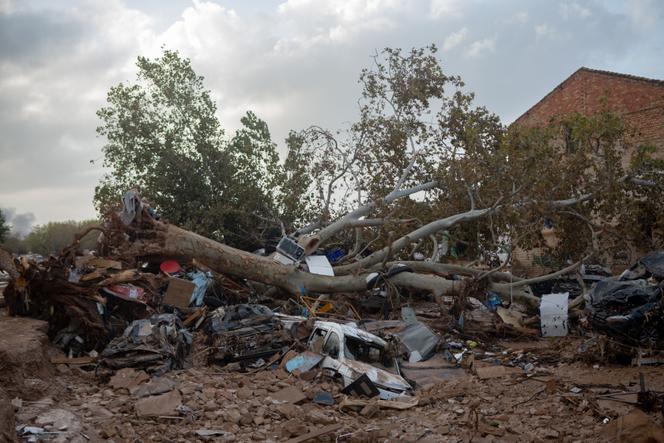


It increasingly feels like trying to square the circle. The climate crisis continues to worsen, and disasters are multiplying, from the recent floods in Valencia, Spain, to the ongoing fires in California. 2024, set to become the hottest year on record, will for the first time exceed the threshold of 1.5°C warming compared to pre-industrial levels, the most ambitious target of the Paris Climate Agreement.
At the same time, the geopolitical context has never been so tense, relegating climate issues to the back burner in favor of the wars in Gaza and Ukraine, budgetary austerity, trade conflicts, political instability in France, Germany, Canada and Australia, and the rise of populism and climate skepticism. Above all, the election of Donald Trump has sent shockwaves through climate diplomacy. The Republican pledged to withdraw the United States from the Paris Agreement on his first day in office, January 20, with the withdrawal taking effect a year later.
"2025 promises to be an unprecedentedly challenging year, the most complex since the Paris Agreement. In a world that is more uncertain and turbulent than ever, we risk accelerating a downward spiral for climate ambition," warned Li Shuo, director of the China Climate Hub of the Asia Society Policy Institute.
You have 83.69% of this article left to read. The rest is for subscribers only.
